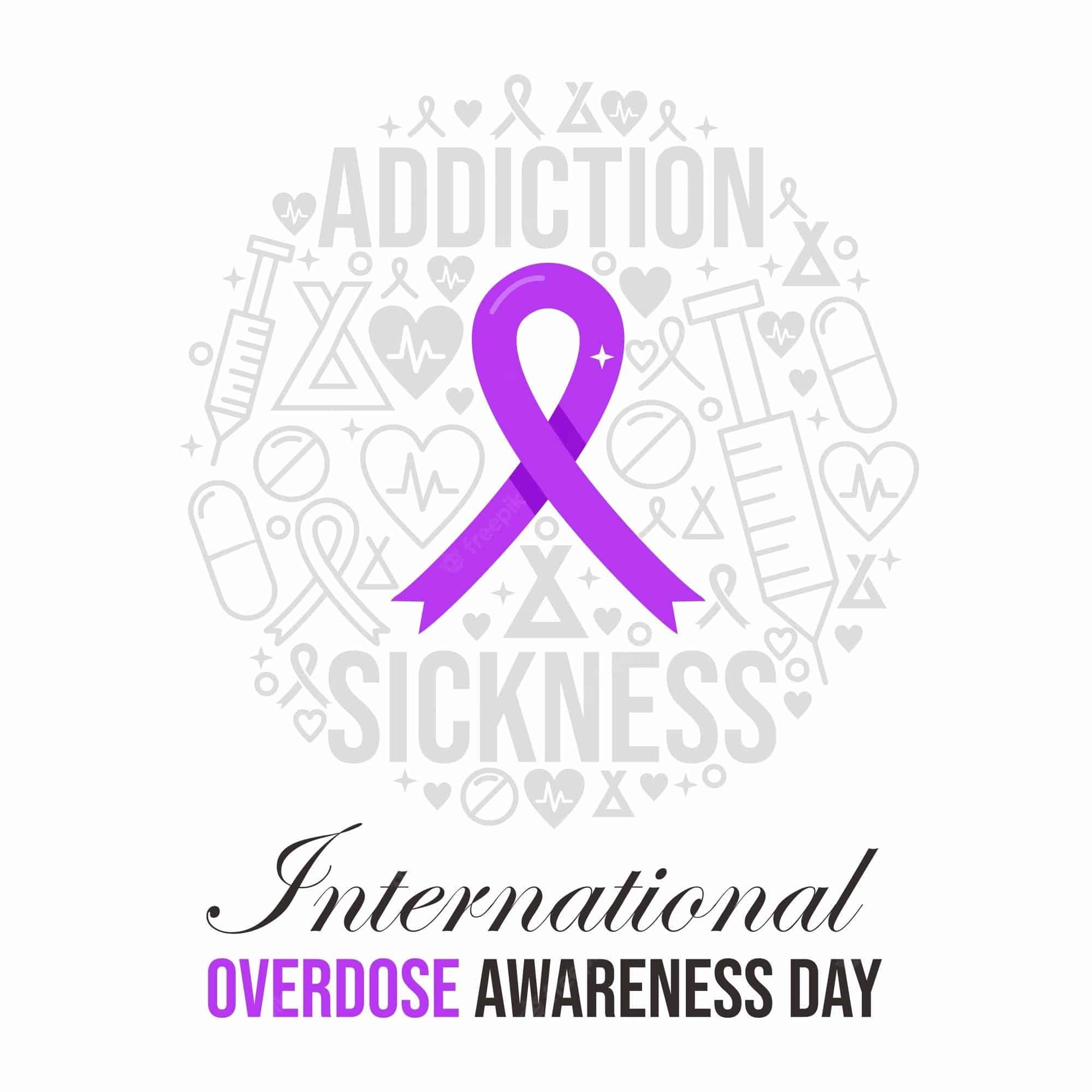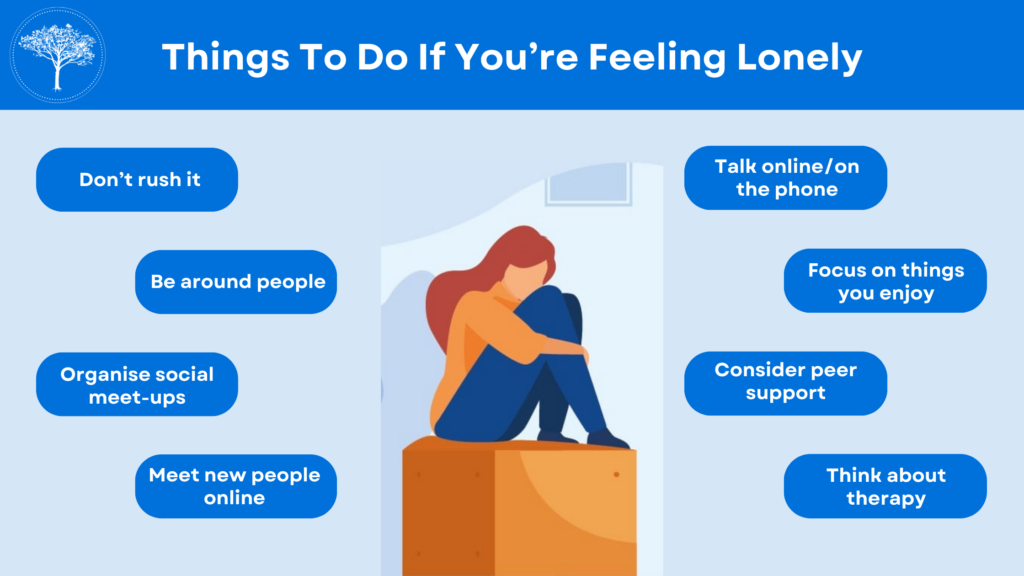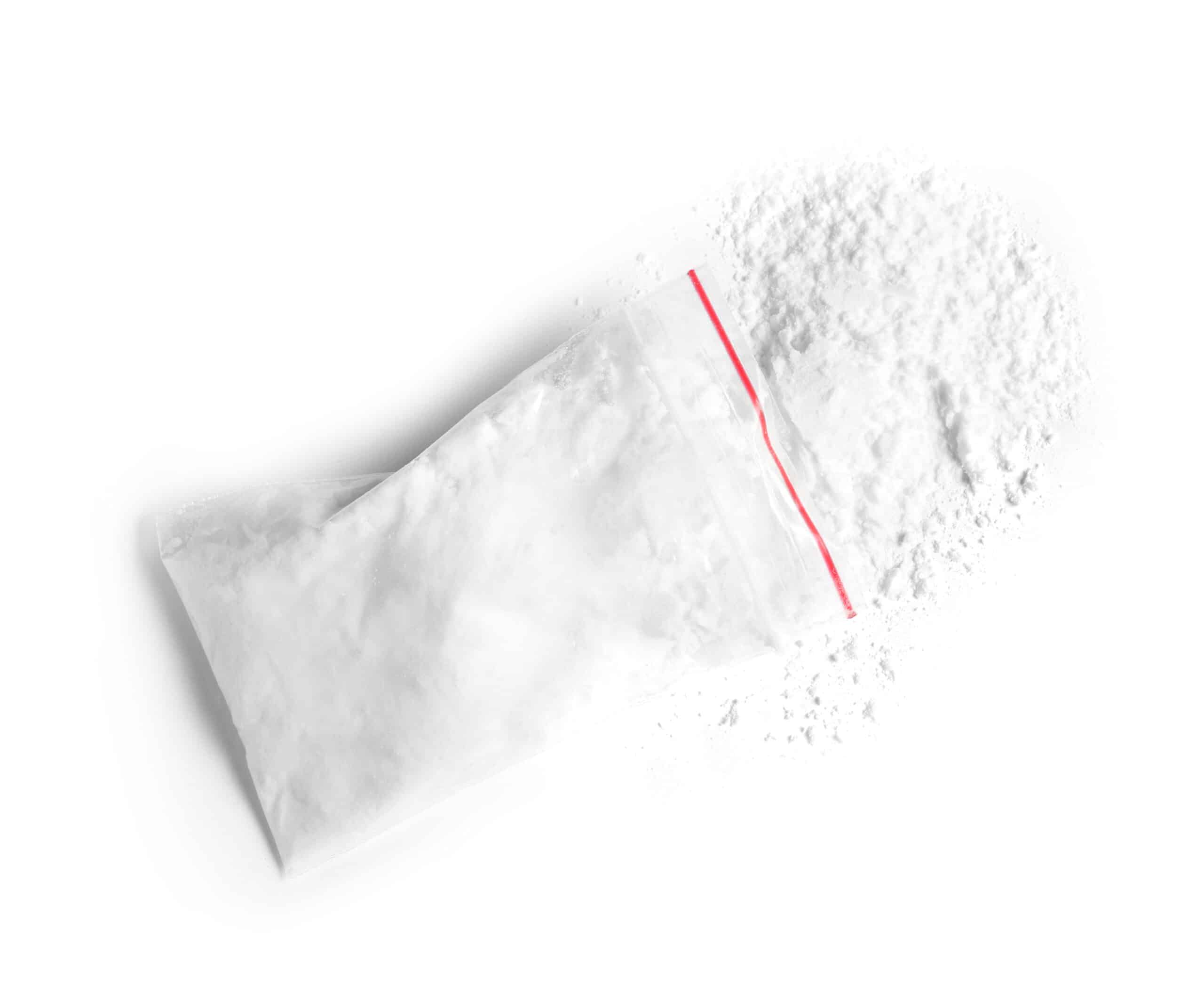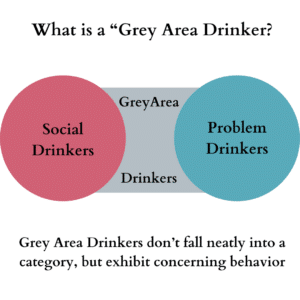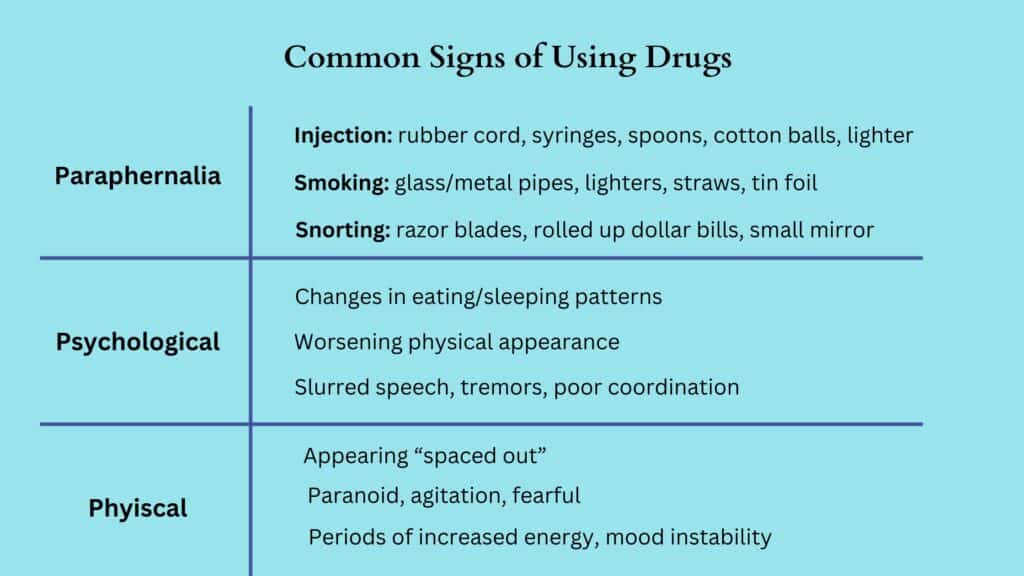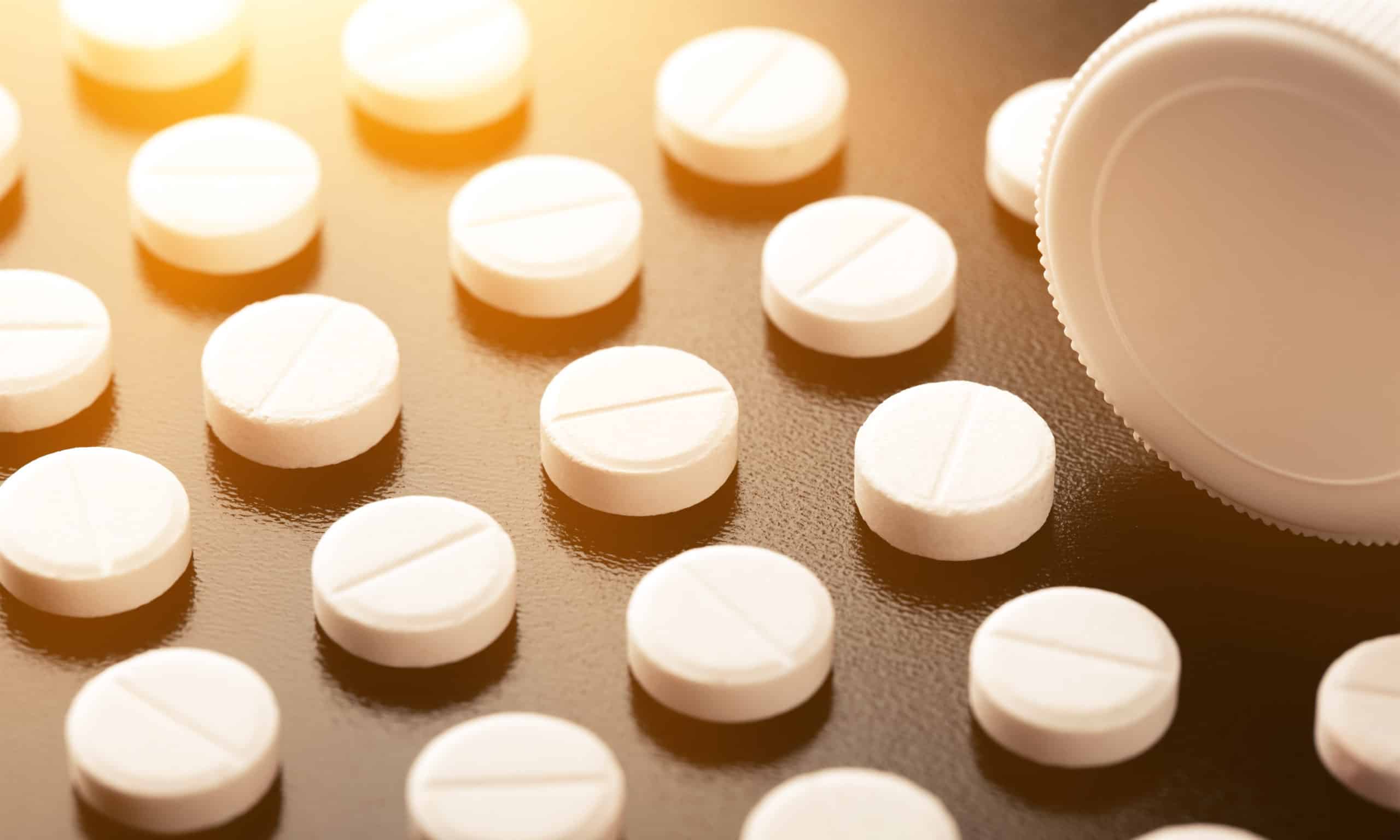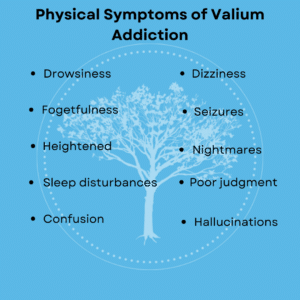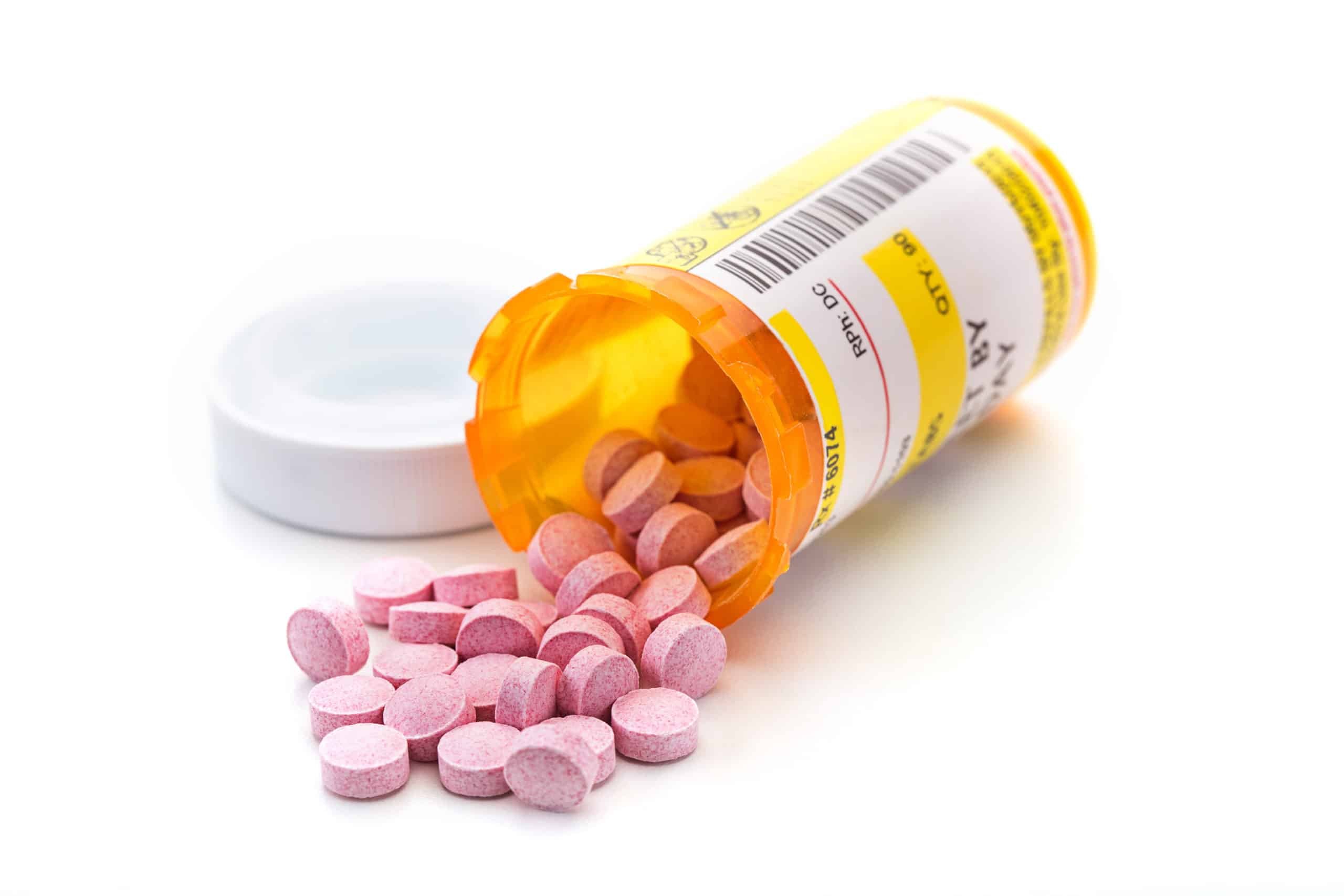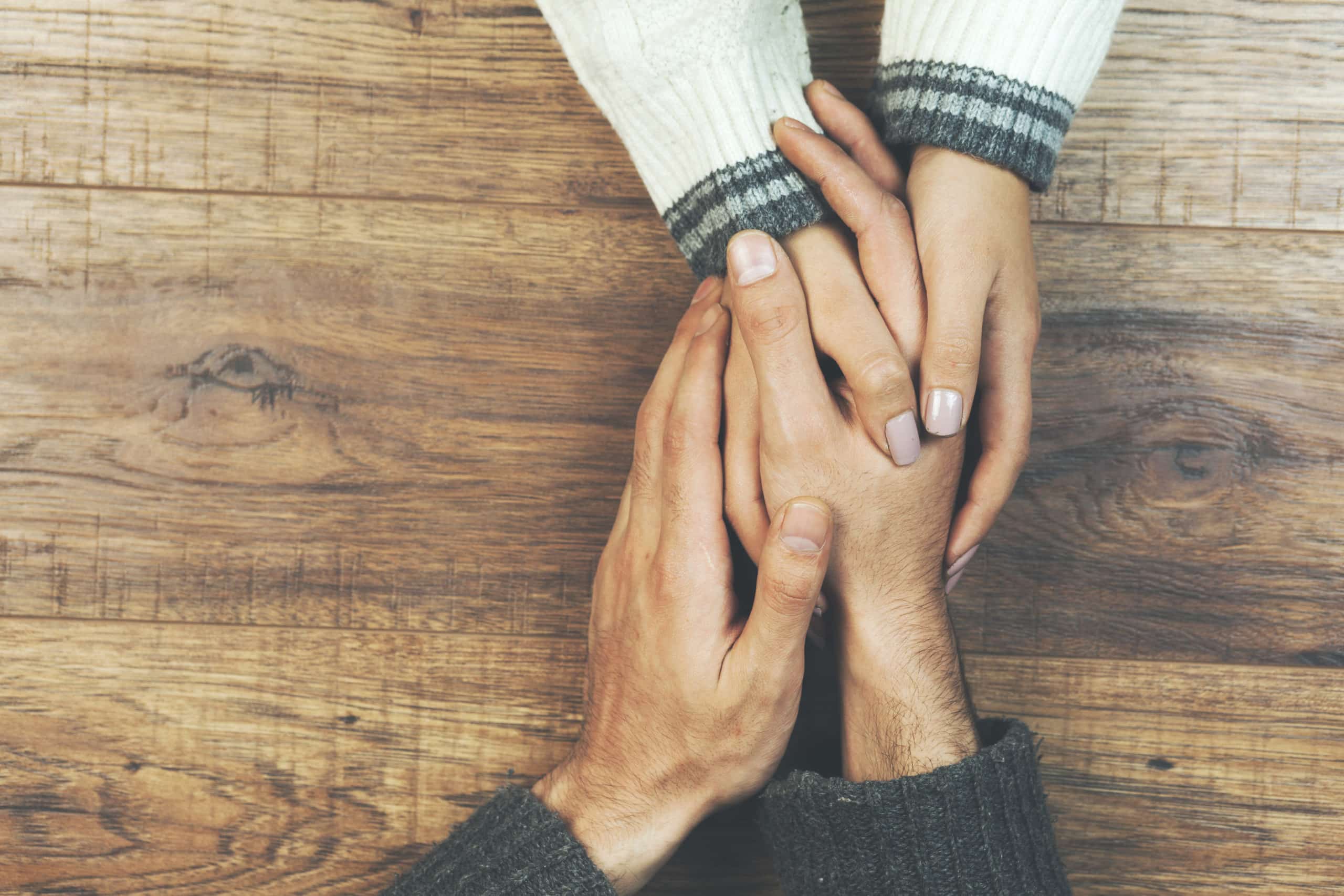What is Overdose Awareness Day?
Overdose Awareness Day is an annual event that takes place on August 31st. The purpose of this event is to raise awareness about the harmful effects of overdose. Additionally, it serves as a way to honor those who have lost their lives because of drug overdoses.
It is a day of solidarity and support for individuals and communities affected by substance abuse. Overdose Awareness Day wants to decrease the shame around drug addiction, encourage prevention methods, and support better treatment and help services.
Detailed History of Overdose Awareness Day
Overdose Awareness Day is a worldwide event on August 31st every year. It aims to raise awareness about the harmful effects of drug overdoses and honor those who have died from this problem. Sally J. Finn, a mother who lost her son to a drug overdose, first established the day in 2001. Since then, it has grown into a worldwide movement, bringing communities together to educate, support, and advocate for change.
Overdose Awareness Day remembers those we lost and emphasizes preventing, educating, and supporting people with addiction. It serves as a platform to promote understanding and compassion, reduce stigma, and encourage policy changes that can save lives.
The main goal of this day is to increase awareness about the signs and symptoms of overdose. It also aims to educate people on how to prevent deaths by taking life-saving actions. This involves teaching about signs of overdose like slow breathing, blue lips or fingertips, not responding, and tiny pupils. By equipping the community with this knowledge, we can empower them to act and potentially save lives.
The Importance of Raising Awareness about Overdose
Raising awareness about overdose is important to remove stigma and misunderstandings that stop people from getting help. Many people still hold misconceptions about drug addiction and view it as a moral failing rather than a complex health issue. Teaching people about overdose and its impact on individuals and communities can create empathy and understanding. This, in turn, will help us prevent and intervene more effectively.
Overdose Awareness Day provides an opportunity to share stories of hope and recovery. It also highlights the importance of harm reduction and emphasizes the need for support for individuals struggling with substance abuse problems. By shining a light on this issue, we can encourage open dialogue, reduce discrimination, and inspire meaningful action.
Understanding the Impact of Overdose on Individuals and Communities
The impact of overdose extends far beyond the individual experiencing it. The loss and devastation caused by overdose deeply affect families, friends, and communities. The grief and trauma experienced by loved ones can be overwhelming, and the social and economic ripple effects are significant.
No specific demographic or socio-economic group limits overdose. It affects people from all walks of life, regardless of age, race, or gender. Understanding the serious effects of overdose helps us recognize the importance of addressing this health crisis. It also helps us find accessible and effective solutions for prevention and treatment.
Overdose Prevention Strategies and Resources
To prevent overdose, we need to educate, reduce harm, provide treatment, and support services based on evidence. One of the most effective prevention strategies is naloxone distribution, a medication that can reverse an opioid overdose. Naloxone should be readily available to individuals at risk of overdose, as well as their loved ones and first responders.
Synthetic opioids are the fastest-growing drug causing overdose deaths. Many of these deaths involve other drugs as well. Let’s look at some stats that show the historical trend of opioid overdose deaths per 100,000 residents.
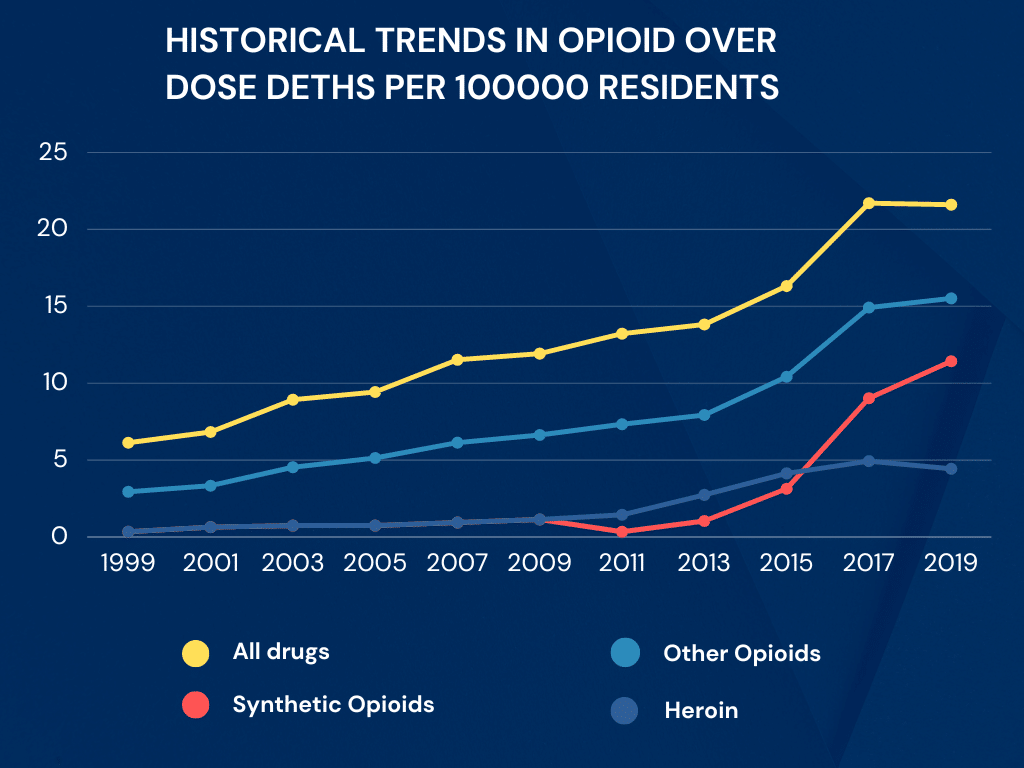
There are other ways to prevent substance abuse. Some of these include promoting safe prescribing.
Another way is to improve access to addiction treatment. Implementing harm reduction programs like needle exchanges is also effective. Additionally, addressing the root causes such as mental health and social factors can help prevent substance abuse.
Supporting Those Affected by Overdose
Supporting individuals affected by overdose is essential for their recovery and well-being. It is important to foster a non-judgmental and supportive environment where individuals feel safe to seek help. Accessible and affordable treatment options, including detoxification programs, residential rehabilitation, and outpatient services, should be available to anyone seeking recovery.
Additionally, providing emotional support and resources for families and friends affected by overdose is crucial. Support groups, counseling, and education can help loved ones support someone in recovery. They can also help them deal with the aftermath of an overdose. Together, we can create a network of support that promotes healing and resilience.
Events and Activities on Overdose Awareness Day
People around the world mark Overdose Awareness Day with various events and activities. People hold candlelight vigils to honor those who have lost their lives to overdose, providing an opportunity for reflection and remembrance. We also organize community gatherings, educational workshops, and panel discussions to raise awareness, share information, and promote dialogue.
These events aim to create a sense of unity and solidarity among individuals and communities affected by substance abuse. They provide a platform for people to share their experiences, express their grief, and advocate for change. By participating in these activities, we can demonstrate our commitment to ending the overdose crisis and supporting those in need.
Ways to Get Involved and Make a Difference
There are many ways to get involved on Overdose Awareness Day and make a difference in the fight against overdose. Here are a few suggestions:
- Attend local events: Check if there are any events happening in your community and join them. Show your support and solidarity with those affected by overdose.
- Volunteer: Many organizations working in the field of substance abuse and mental health are in need of volunteers. Offer your time and skills to help raise awareness, provide support, or advocate for policy changes.
- Learn about overdose signs, substance risks, and treatment options to educate yourself and stay informed. The more informed you are, the better equipped you will be to help others.
- Spread the word: Use your voice and social media platforms to spread messages of awareness and support. Share educational resources, personal stories, and information about available resources.
- Support local initiatives: Donate to organizations that provide addiction treatment services, harm reduction programs, or support for families affected by overdose. Your financial contribution can make a significant impact.
- To support change, you can contact your local representatives, participate in community discussions, and join advocacy groups. These groups are working towards policy changes and increased funding for addiction treatment and prevention programs.
Spreading the Message on Social Media
To engage a wider audience, we can utilize hashtags, share stories, and distribute educational resources. This will help us reach and involve individuals who may not have firsthand experience with overdose.
When posting on social media, it’s important to use language that is compassionate, non-judgmental, and free from stigmatizing attitudes. Share stories of hope and recovery, emphasize the importance of destigmatizing addiction, and provide information about available resources and support services. Remember, a single post has the potential to reach someone who desperately needs help or to inspire others to take action.
Overdose Awareness Day Campaigns and Initiatives
Overdose Awareness Day has inspired numerous campaigns and initiatives worldwide. These campaigns aim to raise awareness, promote prevention strategies, and advocate for policy changes that prioritize public health and well-being. Some notable campaigns include:
- The campaign for International Overdose Awareness Day encourages people and groups to plan events and activities. These events aim to raise awareness about overdose and promote harm reduction methods.
- The End Overdose NY campaign in New York State supports overdose prevention. It does this by providing naloxone access, harm reduction programs, and more funding for addiction treatment services.
- The Not One More campaign shares personal stories of loss. It is to raise awareness about overdose and advocate for better support and treatment options.
People and groups who value their communities and want to create positive change are leading these campaigns and initiatives.
Conclusion: Coming Together for a World Free from Overdose
Overdose Awareness Day is a call to action for individuals, communities, and policymakers to join forces in the fight against overdose. We can prevent drug-related overdose deaths by raising awareness, promoting prevention, supporting those affected, and advocating for change.
Let us stand together, united in our commitment to ending the overdose crisis. Together, we can help those with substance abuse get the care and support they need and deserve. Join us on Overdose Awareness Day and speak up to make your voice heard. Together, we can build a future free from overdose.
At Relevance Recovery, we know there is no quick fix for substance abuse and mental health problems. That’s why we opened our addiction and mental health rehab center in New Jersey.
If you or someone you know is in need of support, please reach out to us. We are here to help you on your journey towards recovery and well-being. Together, we can make a difference.

